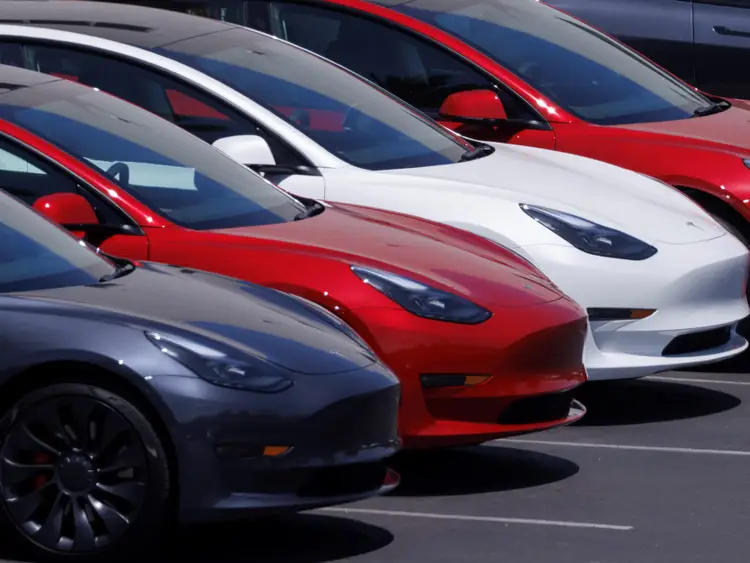Tesla faces a series of challenges in 2024, with Morgan Stanley anticipating a more cautious outlook from the electric vehicle (EV) giant as it reports its earnings this week.
The global EV market is exhibiting signs of slower growth and reduced optimism, setting the stage for obstacles that Elon Musk and Tesla will need to navigate in the coming year.
Despite a commendable performance in 2023, Tesla’s CEO, Elon Musk, is expected to confront numerous hurdles in 2024, as highlighted by Morgan Stanley analyst Adam Jonas. In an assessment of the challenges ahead, Jonas outlines seven reasons for concern:

1. Price Cuts:
In 2023, Tesla maintained a competitive edge by lowering average EV prices through a series of price cuts facilitated by the company’s leading profit margins. However, Jonas points to price cuts in Germany as a potential warning sign, especially following Tesla’s announcement of production cuts in Berlin.
2. Waning EV Incentives:
Tesla is depleting available government incentive programs, particularly in the US, with the number of vehicles eligible for tax credits dwindling. Jonas anticipates similar pullbacks in other countries as governments reassess budgets in 2024.
3. Uncertain EV Residual Values:
The combination of discounts and government incentives that bolstered Tesla’s market position in the short term may have adverse effects on the brand’s long-term pricing.
Jonas notes that residual value volatility could impact the value proposition for consumers and create uncertainty for leasing partners.
4. Declining Fleet Buyer Interest in EVs:
Fleet buyers, including high-profile cases like Hertz, are moving away from EV commitments, opting to sell a portion of their global EV fleet and replace it with gas-powered cars. This shift poses a challenge to Tesla’s volumes, as fleet sales often absorb excess supply.
5. Political Risks in the 2024 Presidential Election:
With the 2024 presidential election looming, there are concerns about potential changes in government support and incentives for EVs. A shift in policies could hinder the pace of EV adoption, impacting the industry’s trajectory.
6. Production Capacity in China:
China faces a potential supply and demand imbalance for electric vehicles in 2024, following a surge in production in 2023 and the expiration of key local stimulus measures. This imbalance, already evident in the US on a smaller scale, may impact Tesla’s future EV ambitions.
7. Slowing EV Exports from China:
China’s government announced measures to rein in EV exports and curb excessive production. Additionally, there are reports of customers returning to gas-powered cars, indicating a potential shift in consumer preferences away from EVs.
As Tesla prepares to report its fourth-quarter and year-end earnings, these challenges may shape the narrative for the company in 2024.

